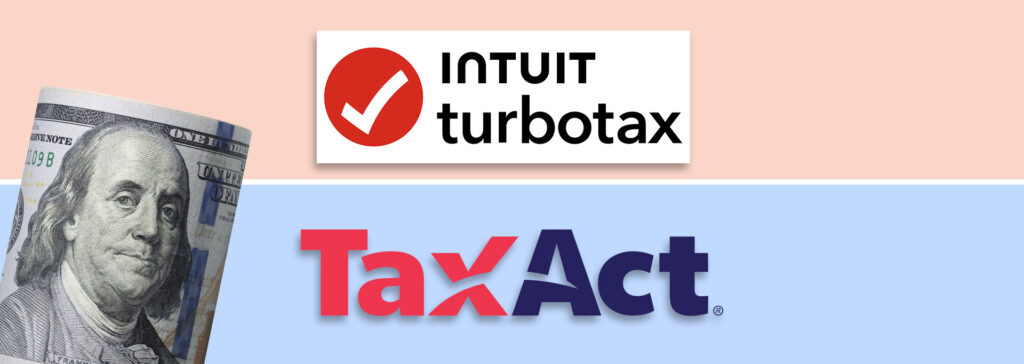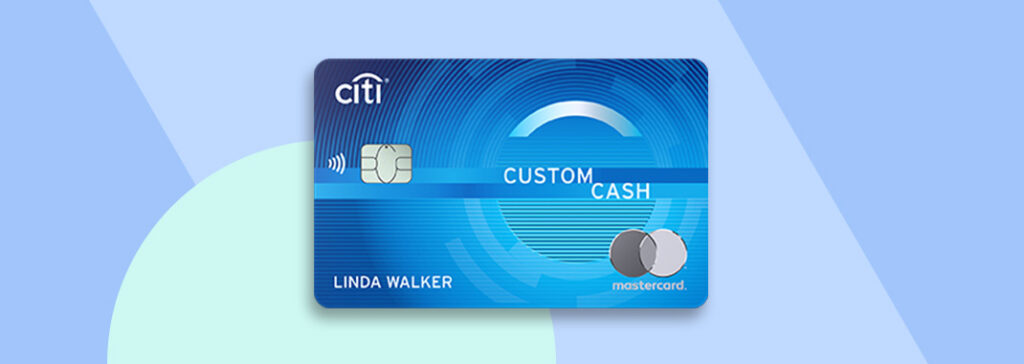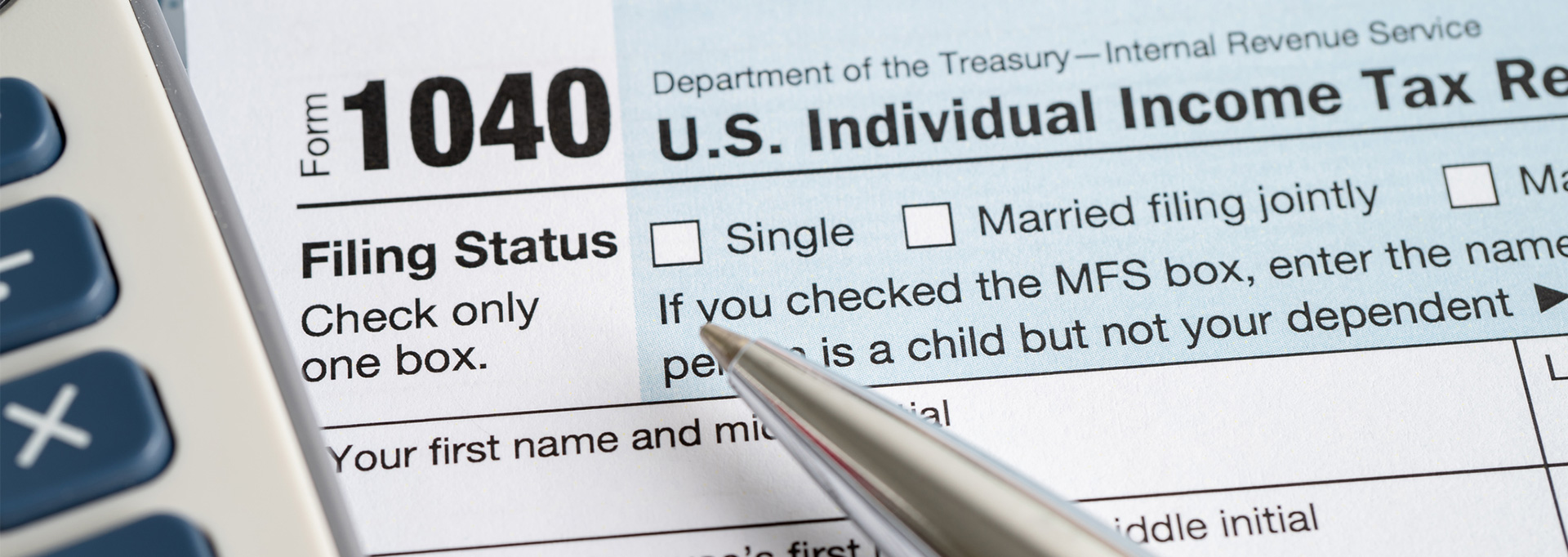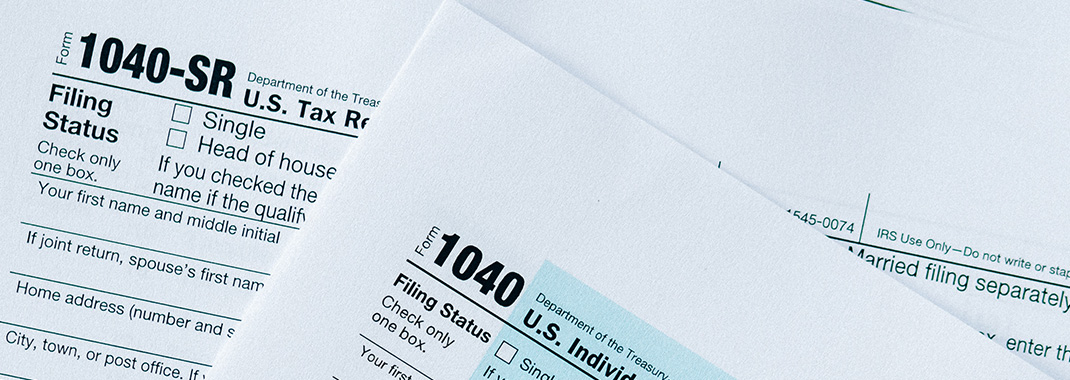Most products on this page are from partners who may compensate us. This may influence which products we write about and where and how they appear on the page. However, opinions expressed here are the author's alone, not those of any bank, credit card issuer, airline or hotel chain.
As tax season approaches, many people have questions about navigating the complex world of personal taxes. Whether you're a first-time filer or an experienced investor, it's important to understand the ins and outs of tax basics that may apply to you, and how to minimize your tax liability.
In this article, we explore some of the most frequently asked tax questions from individuals, covering a wide range of topics to help you stay informed and make more educated tax decisions.
 Related Article
Related Article
9 Best and Cheapest Online Tax Services in April 2024
1. How Is an Excise Tax Different From a Sales Tax?
An excise tax and a sales tax are both types of consumption taxes, meaning they are taxes on goods or services. However, there are a few key differences between the two.
An excise tax is imposed on a specific good or service and is typically a fixed amount. For example, the federal government imposes an excise tax on every gallon of gasoline sold in the United States.
A sales tax is charged on the final sale of a good or service to a consumer. It's typically a percentage of the purchase price and is collected at the point of sale. Sales tax varies from state to state and in some cases by local municipalities. The revenue generated by sales tax goes to state or local governments.
2. How Do Tax Brackets Work?
The government divides taxpayers into different groups using tax brackets based on income level. Each group is subject to a different marginal tax rate, which is the percentage of taxes that is applied to the level of earned income.
In the United States, the tax brackets for the 2023 tax year are:
2023 Income Tax Brackets (Returns Filed April 2024)
| Percentage | Single Filer | Married Filing Jointly | Married Filing Separate | Head of Household | ||||
|---|---|---|---|---|---|---|---|---|
|
10% |
|
|
|
|
||||
|
12% |
|
|
|
|
||||
|
22% |
|
|
|
|
||||
|
24% |
|
|
|
|
||||
|
32% |
|
|
|
|
||||
|
35% |
|
|
|
|
||||
|
37% |
|
|
|
|
3. What Is the Difference Between an LLC and an S-Corp?
A limited liability company (also known as an LLC) and an S-Corporation (S-Corp) are two types of business structure. While they do share some common characteristics, they also differ in a few key ways:
- An LLC provides its owners (aka "members") with personal liability protection and pass-through taxation. The business is not taxed on its income, but rather the income is passed through to the members and taxed on their personal tax returns.
- An S-Corp is taxed as a corporation but has elected to be taxed under the “S” subchapter of the IRS code. S-Corps are pass-through entities and their income and losses are passed through to shareholders and reported on their personal tax returns.
The key difference is that S-Corps have restrictions on things like the number of shareholders, who the shareholders must be (e.g., individuals or trusts) and they are more strict in terms of their governance. LLCs are more lenient on their management and ownership structure and don’t adhere to as many restrictions.
 Related Article
Related Article
6 Best Business Bank Account Bonuses and Promotions (2024)
4. What Is Inheritance Tax and Which States Have It?
When a loved one passes, the assets they leave behind may be passed down to various people. Some states have an “inheritance tax,” which is applied to those acquired assets. For the majority of U.S. citizens, you won’t have to worry about this tax because only six states impose it.
- Iowa
- Kentucky
- Maryland
- Nebraska
- New Jersey
- Pennsylvania
If you live in any of these states, the amount you will be taxed depends on the state in which your loved one lived, the value of the inheritance and other factors.
5. What Is The Difference Between a Deduction and Credit On a Tax Return?
Tax credits and deductions are both ways of reducing the amount of taxes you owe, but they work differently. Tax deductions lower the amount of your income that is subject to tax, which can directly decrease the amount of taxes you owe. Tax credits, on the other hand, directly reduce the amount of taxes you owe on dollar-for-dollar a basis.
Here's an example of a tax credit: Say the tax you owe is $10,000 and you have tax credits equalling $5,000. Subtract the credits from the amount due, and you have $5,000 in tax savings.
Here's a sample calculation for a deduction: Let's say you can deduct $5,000 and are in the 22% income tax bracket. Multiply those two numbers and you get $1,100—and that's the amount of tax savings.
Recommended High-Yield Savings Accounts
| Bank Account | APY | Features | Learn More |
|---|---|---|---|
|
|
5.25%
UFB Direct breaks balances into five tiers, but, currently, there is only one interest rate. |
No minimum deposit |
Open Account |
|
|
0.50% - 4.60%
Customers earn 4.60% APY on savings balances when they set up recurring monthly direct deposit of their paycheck or benefits provider via ACH deposit. Alternatively, deposit at least $5,000 each month to earn 4.60% APY on your savings balance. Checking balances earn 0.50% APY |
No minimum deposit |
Open Account |
|
|
5.05%
Earn 5.05% APY on balances over $5,000. Balances of less than $5,000 earn 0.25% APY. Annual Percentage Yield is accurate as of July 27, 2023. Interest rates for the Platinum Savings account are variable and subject to change at any time without notice. |
$100 minimum deposit |
Open Account |
|
|
4.65%
Annual Percentage Yield is accurate as of July 27, 2023. Interest rates for the Savings Connect account are variable and subject to change at any time without notice. |
$100 minimum deposit |
Open Account |
6. How Does the Alternative Minimum Tax Work?
The Alternative Minimum Tax (AMT), is a separate tax calculation meant to make sure that certain taxpayers pay a minimum amount of income tax. This tax calculation applies different rules, such as limiting certain deductions and credits, in turn making your tax bill higher than it would be under regular tax calculations.
AMT typically only affects the high earners of the world. When reporting your income during tax time, if you cross the AMT exemption border, you’ll trigger the AMT tax. In other words, taxes will be calculated using the standard tax rules and then calculated again using the AMT rates (26% or 28%). You will then have to pay the higher of the two amounts.
7. What Are the Income Limits for the Earned Income Tax Credit?
The Earned Income Tax Credit (EITC) is a federal tax credit for low-to-middle income working individuals and families. It's designed to help offset the cost of living and reward work by providing a tax credit to those who meet certain income and eligibility requirements. Income limits and tax credit amounts for 2023 are in the table below.
2023 EITC Income Ranges and Tax Credit
| Number of Children | Single Filers | Married Filing Jointly | Maximum Tax Credit | |||
|---|---|---|---|---|---|---|
|
0 |
|
|
|
|||
|
1 |
|
|
|
|||
|
2 |
|
|
|
Depending on where you fall within the income ranges you may or may not receive the maximum credit amount. Once you reach the halfway mark in each range you will only receive a portion of the credit based on earnings.
8. Are Unemployment Benefits Taxable?
Yes, in the eyes of the IRS, any money collected throughout the year via unemployment benefits is viewed as taxable income. When it comes time to file taxes, you will receive a Form 1099-G that will show the amount of compensation you received. If you live in a state that also taxes income, they might levy your unemployment benefits as well.
9. How Does the Child Tax Credit Work and What Are the Eligibility Requirements?
The Child Tax Credit is a federal tax credit designed to help families by reducing the amount of taxes owed on their income. For tax year 2023, the credit is a certain amount per child, phasing out for families above a certain income threshold.
To receive the Child Tax Credit, the qualifying child must:
- Be under 17
- Be your son, daughter, stepchild, foster child, brother, sister, grandchild, niece or nephew
- Not have provided more than half of their own financial support during the year
- Have lived with you for more than half the year
- Be properly claimed on your filed tax return
- Be a U.S. citizen, national or resident alien

Best Student & College Checking Accounts: Earn Up to $300 in Bonuses
10. How to File An Extension for Tax Returns
To file for an extension on your taxes, you need to fill out and submit IRS Form 4868. You must have the document submitted before the last day for filing taxes in April. There are no specific criteria you need to meet to ask for an extension and you won’t be penalized for doing so either. Note that you still need to pay what you owe by the original April tax deadline even if you file an extension.
 Related Article
Related Article
Everything You Need to Know About Tax Extensions
11. How Can I Reduce My Tax Bill?
There are a lot of nuances when it comes to taxes, but the overarching question most people have every year is, “how do I pay less in taxes.” The list of ways to reduce your taxable income can be quite extensive. However, here is a short list of ways most Americans are able to reduce their tax liability:
- Contribute to a retirement account
- Pad your health savings account
- Find state level tax breaks (where applicable)
- Don’t forget about the Child Tax Credit
- Donate to a charity
- See if you qualify for any tax credits
- Start a savings account for your child's college tuition
 Related Article
Related Article
TurboTax vs. TaxAct: How Pricing and Features Compare
12. Can I Deduct Medical Expenses?
Yes, in some cases medical expenses can be deducted from your taxes, but there are stipulations. The expenses must be valid and unreimbursed, meaning insurance didn’t cover the cost entirely. Currently, you can be reimbursed for medical expenses that surpass 7.5% of your adjusted gross income (AGI).
For example, if your AGI is $60,000, any amount over $4,500 ($60,000 x 7.5%) is deductible. This means if you accrued $15,000 in medical bills during the year, $10,500 can be deducted come tax season.
13. Should I Itemize or Claim the Standard Deduction?
The answer to this question depends on your specific scenario, but generally, many people should choose itemization over the standard deduction if their itemized expenses would be greater than the value of the standard deduction.
FAQs
-
A certified public accountant (CPA) is a professional who has passed the CPA exam and met the requirements set by their state board of accountancy. They provide accounting and tax services such as preparing financial statements, and tax returns and providing financial advice.
-
Standard deductions are fixed dollar amounts that taxpayers can subtract from their taxable income, reducing the amount of income that is subject to tax. They are generally available to taxpayers who do not itemize their deductions.
-
A progressive tax is a tax system in which the tax rate increases as the income of the taxpayer increases. It aims to redistribute wealth and place a greater burden on those who can afford to pay more taxes, thus reducing income inequality.
-
If you do not qualify for the Child Tax Credit, you may still qualify for other credits such as the Earned Income Tax Credit or the Credit for Other Dependents. It's always a good idea to consult a tax professional to see if you qualify for other tax breaks.



















